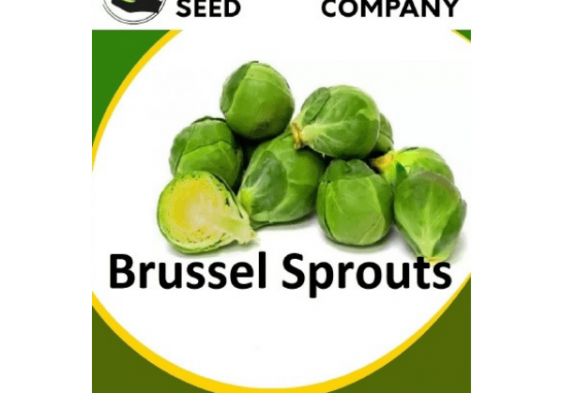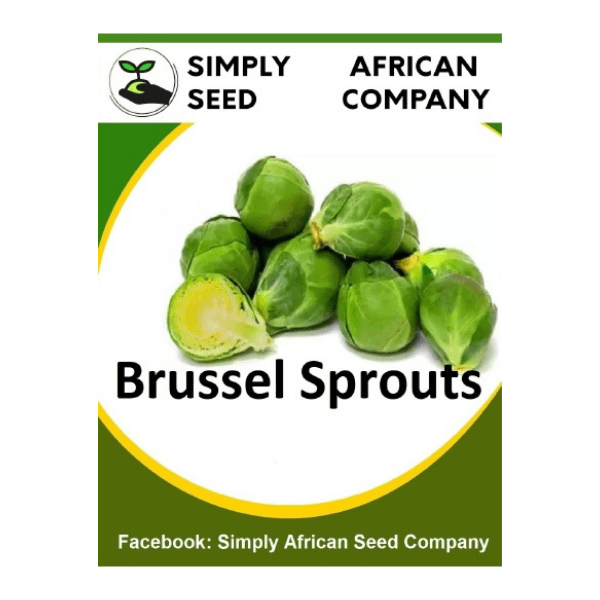HomeBrussel Sprouts Long Island 30...


33 in stock
R26.00
Brussel sprouts are great as a meal accompaniment. A great frost tolerant year-round crop which can survive most Southern African conditions. The optimum temperatures for growth and development are from 15 °C to 20 °C. It is fairly resistant to frost and can survive temperatures as low as – 3 °C without damage. Can also […]
Every seed variety undergoes organic cultivation and self-testing on our South African, Botswanan, Zambian, and Tanzanian farms. Our commitment lies in offering a diverse selection of organically grown, open-pollinated, Non-GMO seeds, proudly produced and acclimated locally.
Before planting, please verify the conditions in your area suitable for the specific seed type. Growth rates and germination times hinge on various factors like soil conditions, rainfall/watering patterns, climate, and more. The outcome of growth and harvest may be influenced by these conditions.

Every seed variety undergoes organic cultivation and self-testing on our South African, Botswanan, Zambian, and Tanzanian farms. Our commitment lies in offering a diverse selection of organically grown, open-pollinated, Non-GMO seeds, proudly produced and acclimated locally. Before planting, please verify the conditions in your area suitable for the specific seed type. Growth rates and germination times hinge on various factors like soil conditions, rainfall/watering patterns, climate, and more. The outcome of growth and harvest may be influenced by these conditions.